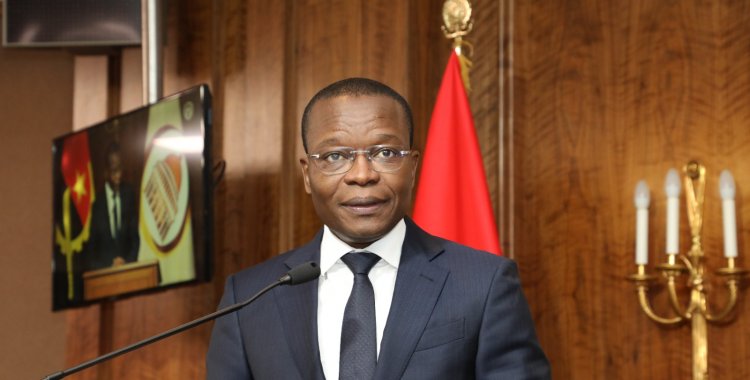"Regarding costs, this issue has an underlying idea that is not the idea we have for conducting the process. There is a gradual, permanent process of land management. If I have a new province, there is a set of relevant equipment for this province, it is a phased process", responded the Minister of State, Adão de Almeida, to UNITA deputies this Tuesday.
The Minister of State and Chief of Staff to the President, who was speaking in parliament this Tuesday during the discussion on the specifics of the country's DPA Bill, highlighted that the territorial extension and the "strong demographic pressure" are at the genesis of the legislative initiative.
He also guaranteed, and without revealing the amounts, that the process of preparing the General State Budget for the 2025 financial year should already include funds to meet the needs of the new administrative divisions.
The DPA bill, approved in general terms in February, only included the creation of two more provinces, resulting from the division of the provinces of Moxico and Cuando Cubango, but this Tuesday the MPLA parliamentary group introduced, at the beginning of the discussions, the proposal to divide the province of Luanda into two provinces.
The inclusion of the point on the division of Luanda into two provinces, namely Luanda, with 16 municipalities, and Icolo and Bengo with seven municipalities, was strongly contested by the National Union for the Total Independence of Angola (UNITA), considering that the initiative contravenes the internal regulations of the National Assembly.
Regarding the proposal to divide the capital, the Minister of State Adão de Almeida assured that it does not affect the original version of the DPA, but, he stressed, "lends it an important contribution".
"In the specific case of the province of Luanda, there are several essential elements, the demographic versus service provision issue being a critical one. Luanda has been growing demographically for a long time and it is unquestionable that the approach to the service provision versus demographic phenomenon needs to be better calibrated", admitted the minister.
During this very heated session that lasted more than seven hours, the MPLA (Popular Movement for the Liberation of Angola) voted in favor of the initial chapters of the DPA with the amendments introduced, while UNITA voted against the respective chapters and the Humanist Party of Angola, in opposition, abstained.
For the president of the UNITA parliamentary group, Liberty Chiyaka, the discussion model of the DPA bill did not comply with the parliament's internal rules and there was a need for dialogue to seek consensus, as this is a structural issue for the country.
The DPA bill, which is expected to cover 21 provinces and more than 300 municipalities, will go to a final and global vote at the plenary meeting scheduled for next week, August 14.







